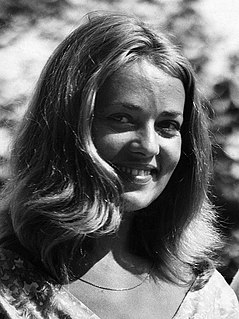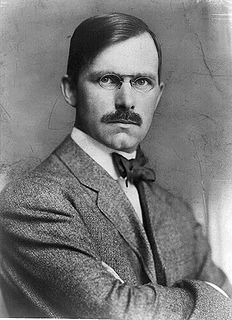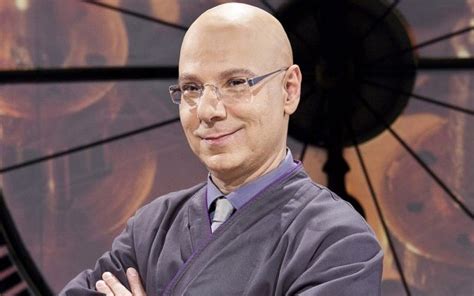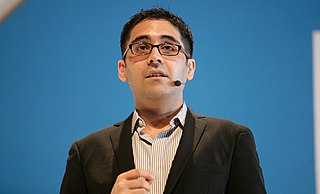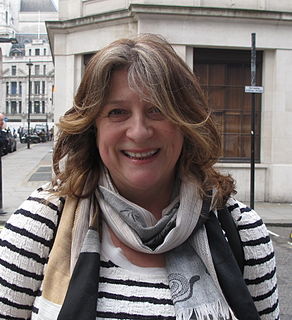A Quote by Jeanne Moreau
My analyst refused to hear my dreams. This was years ago.
Related Quotes
Years ago, NPR tried to stop me from going on "The Factor." When I refused, they insisted that I not identify myself as an NPR journalist. I asked them if they thought people did not know where I appeared on the air as a daily talk show host, national correspondent and news analyst. They refused to budge.
Can you hear the dreams crackling like a campfire? Can you hear the dreams sweeping through the pine trees and tipis? Can you hear the dreams laughing in the sawdust? Can you hear the dreams shaking just a little bit as the day grows long? Can you hear the dreams putting on a good jacket that smells of fry bread and sweet smoke? Can you hear the dreams stay up late and talk so many stories?
Israel is a fulfilled dream. Nothing that exists here existed here a hundred years ago. "The State of the Jews" was not a title of a country. It was a title of a futuristic novel. A little more than a hundred years ago, "Tel Aviv" was not a city. It was a title of another novel written by the same author. The "Return to Zion" was a name of another novel. There was a bookshelf. There was no state. There was no nation. All you can see, if you look through the window - everything you see is a fulfillment of dreams, different dreams.
Yes, business really does change. 400 years ago, corporations were formed by royal decree. 300 years ago, many countries were powered by slave labour, or its closest moral equivalent. 200 years ago, debtors didn't go bankrupt, they went to prison. 100 years ago - well, business is largely the same as it was a century ago. And that's exactly the problem. Business hasn't changed, but today's array of tectonic global shocks demands a different, radically better kind of business. Yesterday's corporations visibly cannot meet today's economic challenges.
Freudian therapists do a lot of listening and very little persuading, and that was one of the reasons I eventually gave up being an analyst. You had to be too passive and not speak up, and you couldn't give homework to clients. While I was still an analyst, I wrote several articles criticizing psychoanalysis, but the analysts weren't listening to my objections. So I finally quit psychoanalysis after practicing it for six years.
